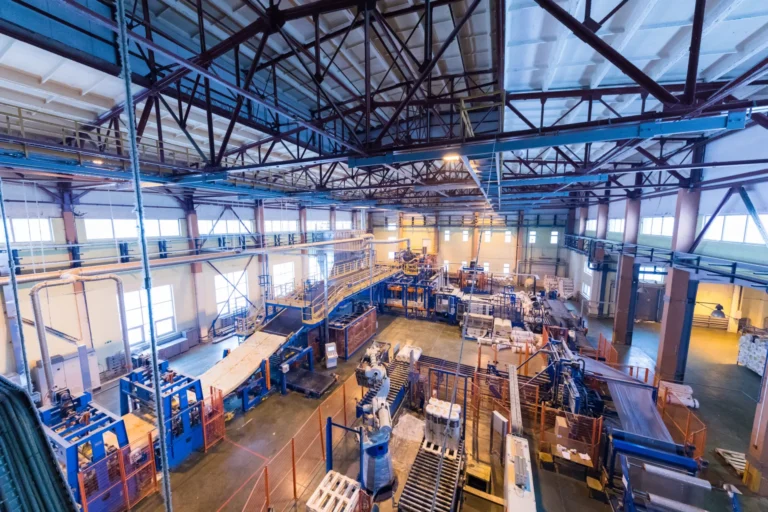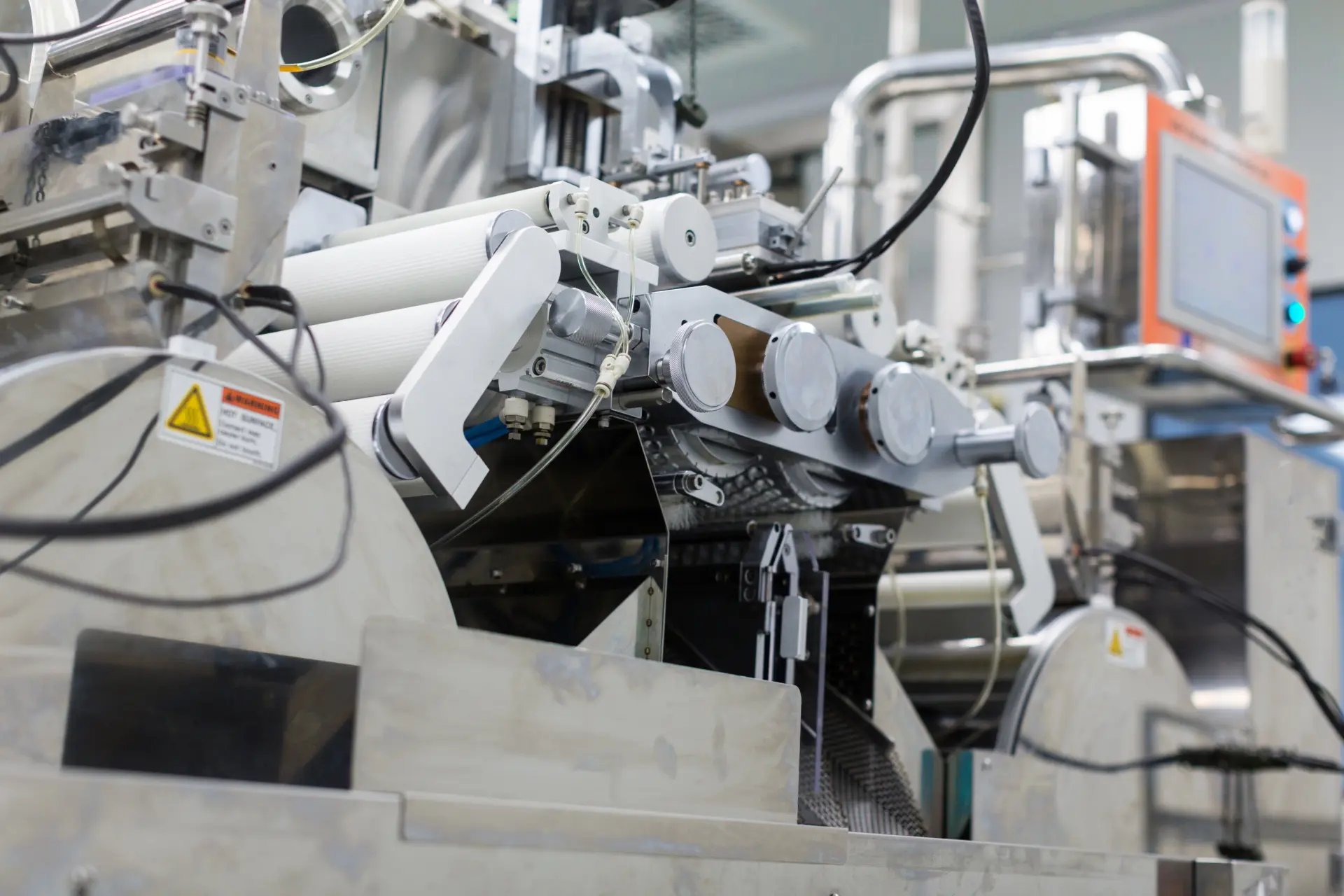Failures in the manufacturing industry present a challenge that all production plants must face. What preventive measures can be taken to minimize the risk of failures? What technologies and systems can help in quickly identifying problems? What are the best practices for employee training? We invite you to read the article, which is the second part of a series on avoiding failures in industry.
Failures in manufacturing industry – continuous production
One of the groups most vulnerable to failures in industry are continuous production plants, such as those in the food or chemical industries. The products of such companies are usually measured in liters or kilograms, and the finished product is seen by the consumer as, for example, a carton of milk. In reality, however, a machine packed that liter of milk, not produced it. In fact, this product comes from batches of tens of thousands of liters that have exactly the same physicochemical properties. In such plants, where all these vessels are closely interconnected, a failure of any element can cause the shutdown of a large part of the plant, especially with “just-in-time” production.
Of course, large chemical and food plants have many of these parallel processes. Therefore, if a failure in one process is stopped, it does not stop the production of one technological line, but generally, the others remain operational.
Failures in manufacturing industry – discrete production
In discrete production, we deal with metal or wooden parts (screws, engines, fenders, phones). In this case, if each device in the machine park processes raw material into a finished product, and there are many machines, if one fails, the rest still work. However, if the plant has “just-in-time” production, and one machine produces a semi-finished product for another, the stoppage of any of these elements can eventually cause several machines to stop, as they are dependent on each other.
In summary, if there is an IT system or infrastructure failure, it does not matter what is being produced, as in practice, the production in the plant is halted.
How to prepare the manufacturing company and team for a crisis situation?
In a production plant, there are different teams that deal with failures. A typical team for preventing failures is the maintenance department. As the name suggests, this department is responsible for ensuring the continuity of production. This team consists of specialists from various fields, including mechanics, electricians, and automation engineers, who perform preventive actions and repair failures. Maintenance department employees are properly trained to ensure production continuity.
Additionally, companies also have IT and IT/OT departments, which function between the automation layer, i.e., the layer of machines and devices, and the IT systems layer. If the plant is automated, it is extremely important to eventually establish such a team due to a range of different data. This way, the production plant, through signals from machines, will be able to better plan certain stoppages and repair works.
It is worth noting that there are various systems, such as ERP or MES, based on quality point tests.
It is important to remember that the maintenance department is a team with limited resources, sometimes constituting only 10% of the staff. There are definitely more people in production than in maintenance. Therefore, if the crew is well trained in diagnosing typical situations and communicating effectively, a properly trained operator will be able to effectively communicate and diagnose the cause of the problem. Then, the maintenance department knows who to send to the failure – whether it’s an automation engineer, a mechanic, an electrician, or someone else.
If diagnostics are better and people are better prepared, the problem can be diagnosed faster and someone can be engaged in the fault more quickly. Above all, the problem can be eliminated faster, and the machine can be returned to operation sooner.
Failures in manufacturing industry – are Polish production plants ready for this?
If machine failures occur in a production plant, factories are usually prepared. It’s something that happens routinely. Not every plant may have its IT/OT departments, ERP departments, or automation engineers, but these enterprises generally have collaborating companies or specialists.
Example: If various types of failures occur once an hour or several times a day, it’s unknown in which hour a failure might happen. In such a case, it is necessary to hire several specialists. However, if failures occur relatively rarely, it’s better to engage an external service, signing an SLA agreement. Then, a fixed subscription fee is paid, but there are no fixed costs of maintaining a group of employees.
Failures in industry are inevitable. They can occur in both continuous and discrete production plants. However, one can prepare for such events and minimize their impact by using IT solutions such as APS and MES, which allow for quick identification and repair of problems. Above all, proper employee training and effective communication between departments are crucial, as well as ensuring the employment or outsourcing of specialists.


